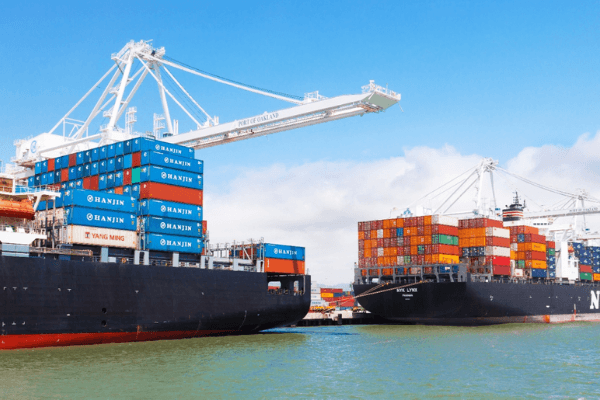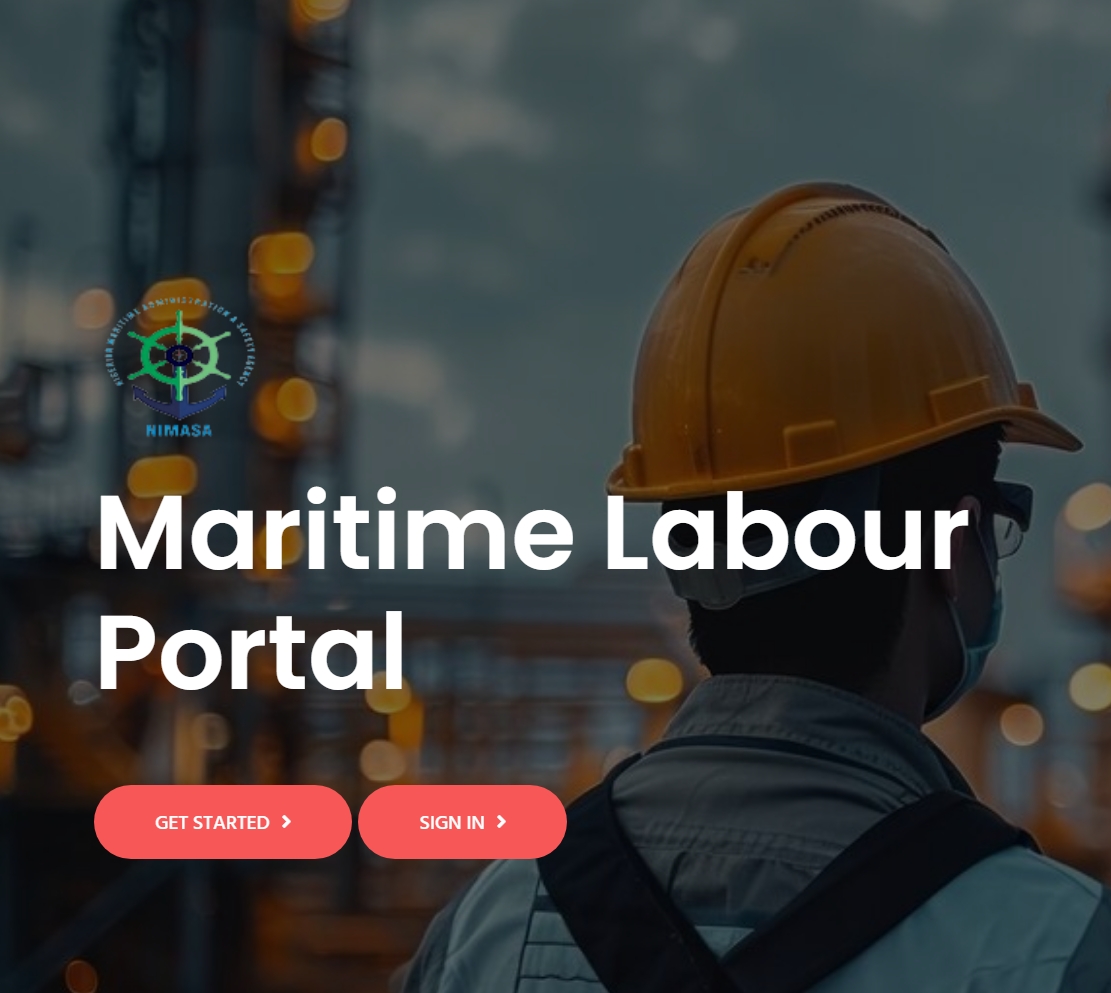Port Reception Facilities (PRF)
Reception facility refers to any fixed, floating or mobile facility capable of receiving MARPOL residues/waste from ships and fit for that purpose.
MARPOL 73/78 Convention states clearly that parties to the convention should ensure adequate provision of facilities at Ports and Terminals to meet the need of ships using them without causing undue delay.
The merchant fleet of ships in the shipping industry is generally divided in to two main categories.
- Dry ships, which carry dry cargo in bulk
- Wet ships, which carry liquid cargo in bulk
Both these types of ships generate oily residue mixture and garbage during their normal shipping and cargo carrying operation at ship and at port.
The oily residue mixture and garbage generated by the vessel cannot be discharged directly to the sea as far the law to avoid Marine Pollution and hence they are disposed to the Port reception Facilities (PRF) all around the world.
IMO has recognized that provision of reception facilities is crucial for effective MARPOL implementation, and the Marine Environment Protection Committee (MEPC) has strongly encouraged Member States (Nigeria inclusive), particularly those Parties to MARPOL as port States, to fulfil their treaty obligations on providing adequate reception facilities.
Port Reception Facilities is a kind of provision that any international shipping port must provide to collect residues, oily mixtures, and garbage generated from a sea going vessel. The arrangements must be such that the receiving operation can be performed as fast as possible to avoid undue delay of the ship.
The main operations from which oil residue is generated on ships are:
- Sludge generated by the operation of Purifier
- Sludge generated by the operation of Oil water separator
- Cargo tank Washing in Oil tankers
- Dirty Ballast tank washing in oil tankers
- Fuel oil and other oil tank cleaning
- Garbage generated on-board which cannot be disposed at sea
- Exhaust gas cleaning system remaining
- Incinerator ash remaining
- Sewage residue generated in plant or holding tank
The following Ports must have Port Reception Facility (PRF)
- Sea port and terminals entertaining ships with sludge tank
- All ports which have ships generating oily bilge water and other residue that cannot be discharged into the sea.
- All ports which are loading crude oil
- All ports loading and discharging bulk cargo in respect to oil residue from combination carriers
- All ports and terminals in which 1000 Tonnes/ day oil other than crude oil is loaded
- All port having ship repair yards and providing tank cleaning facility.
Note: The Port reception Facility must be sufficient in capacity to receive dirty oil and other residues, and also provide quick and efficient services.
MARPOL 73/78 OBLIGATIONS/REQUIREMENT FOR THE PROVISION OF RECEPTION FACILITIES
- Annex I: Regulation 38;
- Annex II: Regulation 18 of Annex II;
- Annex III: No reception facility requirement for Annex III (Regulation for the prevention of pollution by harmful substances carried by sea in packed form);
- Annex IV: Regulation 12;
- Annex V: Regulation 7;
- Annex VI: Regulation 17;
MERCHANT SHIPPING (SHIP GENERATED MARINE WASTE RECEPTION FACILITIES) REGULATIONS, 2012.
Objective and Application
Nigeria is Party to the International Convention on the Prevention of pollution from Ships (MARPOL 73/78) develop under auspices of the International Maritime Organization (IMO). The MARPOL Convention required in its Annexes I, II, IV, V and VI that Port Reception Facilities be provided and adequate for ship wastes by all member states.
- – (1) These Regulations are founded on international commitments of Objectives. Nigeria to cleaner oceans and the national imperative to preserve local marine resources.
- These Regulations provide for-
- a framework for waste reception facilities for all types of ship- generated waste;
- statutory backing and regulatory oversight for the Nigerian Ports Authority in providing shore based reception facilities;
- regulatory cover for reception of waste generated across various offshore installations;
- for the licensing of waste management organisations and guidelines for developing charges ; and
- reporting requirements for waste delivery and receipt.
- -(1) These Regulations apply to any port, terminal, jetty, shipyard and offshore installation in Nigeria.
(2) Subject to sub-regulations (3) and (4) of this regulation, these Regulations apply to all ships calling at or operating within a port, terminal or otherwise operating a commercial service within Nigerian waters.
(3) These Regulations do not apply to any warship, naval auxiliary or other ship owned or operated by a State and used for the time being, only on government non-commercial service.
(4) The provision of regulations 9 and 12 of these Regulations do not apply to a ship which is a
- fishing vessel; or
- recreational craft authorised to carry or designed to carry not more than twelve passengers.
- –(1) The Nigerian Maritime Administration and Safety Agency is responsible for the provision of waste reception facilities offshore for the reception of all types of waste generated by-
- any ship to which these Regulations apply that do not call into ports or are otherwise engaged in commercial service within Nigerian waters; and
- offshore installations. The Agency may in discharge of their duty
- collaborate with a suitably qualified organisation in providing waste reception facilities;
- direct or arrange for the provision of such reception facilities by any other person who shall be suitably qualified to undertake the provision of facilities;
ADEQUACY OF RECEPTIONFACILITIES
MEPC 42 agreed that to achieve “adequate reception facilities” the port should have regard to the operational need of users and provide reception facilities for the type and quantities of waste from ships normally using the port without causing undue delay for the ships.
In March of 2000 resolution MEPC.83 (44) concluded that adequate facilities can be defined as those which:
- Mariners use;
- Fully meet the needs of the ships regularly using them;
- Do not provide mariners with a disincentive to use them; and
- Contribute to the improvement of the marine environment.
Furthermore, resolution MEPC.83 (44) stated that facilities provided by the port must:
- Meet the needs of the ships normally using the port; and
- Allow for the ultimate disposal of ships’ wastes to take place in an environmentally appropriate way.
UNDUE DELAY
Normally a ship must notify the appropriate authority in good time, but generally not less than 24 hours before discharge is expected to take place. The request to use reception facility shall contain all relevant information with respect to substances and quantities expected to be discharged, Expected Time of Arrival (ETA) and Expected Time of Discharge (ETD).
TYPES AND CAPACITY OF WASTE RECEPTION FACILITIES
- Waste reception facilities should be available in all ports where there is need for ships to discharge waste ashore. They should be easily accessible and equipped to deal with the various waste streams and quantities that users deliver. Where appropriate, the facilities should be able to handle.
- Annex I – Oily Waste, from engine-room tanks, slop tanks etc
- Annex II – Noxious Liquid Substances (e.g from Tank cleaning activities)
- Annex IV – Sewage
- Annex V – Garbage
- Annex VI – Ozone – depleting Substances and exhaust gas cleaning residues
- Note: Nigeria has been able to provide reception facilities for Annex I, II, IV and V of MARPOL 73/78.
ENFORCEMENT AND COMPLIANCE
Flag and port states (NIMASA) should be able to demonstrate that they fulfil the requirement of MARPOL 73/78 obligations by ensuring that the obligations to provide adequate reception facility is complied with, maintained and enforced.
Government (NIMASA) shall supply the IMO information on reception facilities available in their ports to the IMO GISIS.
ROLE OF FLAG STATE (NIMASA)
There are measures that the Flag Administration should take to ensure that its ships comply with the requirement of MARPOL 73/78. The flag state should:
- Provide advice to ships plying its waters
- Examine on-board arrangements (Safety and counter pollution) during inspections
- Investigate infringement; and
- Prosecute offenders
ROLE OF IMO
IMO does not act as an enforcement Agency in response to allegations of inadequacy of port waste reception facilities. Nevertheless the obligation for states to report alleged inadequacies to IMO remains of value. IMO is in a unique position to raise matters of concern with national administrations.
FUNCTION OF THE PORT RECEPTION FACILITIES UNIT
- Regular inspection of Port Reception Facilities to ensure adequacy and availability to ships visiting the Nation’s Port without causing undue delay and report to IMO;
- Quarterly inspection of Port Reception facilities at all the nation’s sea ports (Lagos, Port Harcourt, Onne Warri, Calabar and Bonny Island;
- Collation and analysis of MARPOL 73/78 wastes data on monthly basis;
- Enforcement of recommendations from inspection of Port Reception Facilities at the nation’s sea ports;
- Inspection of reception facilities at the terminals and private jetties, shipyards, coastal industrial outlets and harbors to ensure regulatory compliance
- Enforcement of recommendations from inspection of Port Reception Facilities.
- To ensure and enforce all guidelines/standards in compliance to all maritime operations for offshore areas.
- Participation in the development and review of payment of environmental dues for provision of reception facilities for offshore installations such as FPSO, FSO and other platforms;
- Participation at IMO meetings and programmes on marine environment at the international, regional and national levels;
- Appraisal and Approval of Garbage Management Plan (GMP)


